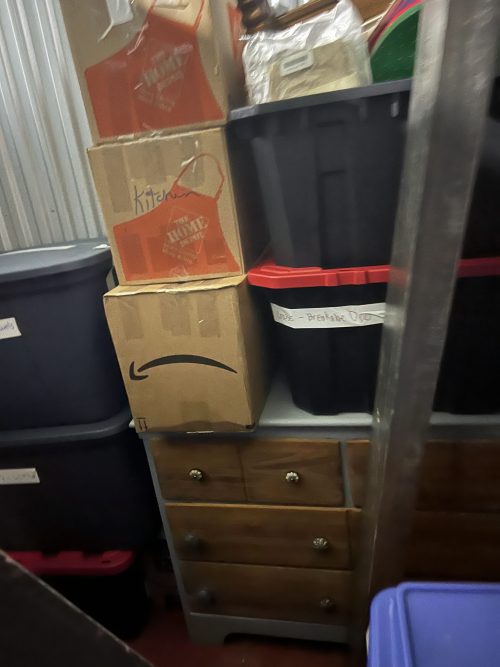by Semify
For many homeowners, the house you once thought was an asset could be moving you closer to financial instability. As mortgage rates, utility bills, and maintenance costs begin to pile up, the burden of homeownership can often feel overwhelming. Before you find yourself drowning in debt, it’s worth assessing if your house is more of a liability than an asset.
The Cost of Ownership
Owning a home isn’t just about repaying the mortgage; it’s also about managing ongoing expenses. Without energy-efficient measures, you’re likely to spend more on heating and cooling, which adds up over time. Metal roofing might seem like a significant upfront investment, but it can lead to annual energy cost savings of up to 40%, according to Insider.
Furthermore, routine maintenance and unexpected repairs are everyday realities that can quickly drain your finances. Whether it’s fixing a leaky roof or replacing old pipes, these costs accumulate and can become a financial burden. To minimize substantial unexpected expenses, regular inspections can preemptively identify small issues before they escalate into bigger problems.
Insurance and property taxes present another layer of financial complexity. These can vary widely based on location and property size, potentially pushing your monthly expenses far beyond initial expectations. It’s vital to factor these variable costs into your budget planning to avoid accumulating debt.
Energy Efficiency Matters
Energy efficiency isn’t just an environmental consideration; it’s a financial one too. For example, the Environmental Protection Agency suggests that enhancing your home’s insulation might cut heating and cooling expenditures by around 15%. Investing in energy-efficiency improvements can often lead to significant savings over the years, easing financial pressure.
In addition to insulation, energy-efficient appliances and windows can further decrease utility bills. They may require an initial outlay but can result in long-term savings that reduce overall household expenditure. These savings are especially important in regions with extreme weather conditions, where heating and cooling costs are significant.
Pay attention to energy audits as well—they can offer insights into areas where you’re losing money. Many energy companies offer audits either free of charge or at a reduced rate, providing a cost-effective solution to identify inefficiencies in your home. Taking these steps not only reduces your monthly bills but also increases the value of your home in the long run.
Building from Scratch
For those considering building a new home as a way to control costs, it’s crucial to account for the true financial impact. Data indicates that constructing a new house usually costs about $150 per square foot, a figure that can vary widely based on location and material preferences. Such a significant initial outlay might increase your financial burden unless managed correctly.
Careful planning and budgeting become all the more crucial when building from scratch. Missteps can lead to overruns and additional debt, negating any potential long-term savings anticipated from starting anew. Seek professional advice to ensure your new build is economically viable from the onset.
Consider incorporating sustainable materials and energy-efficient designs in your plans from the beginning. While these options may raise initial construction costs, the potential long-term savings and increased resale value can be substantial. They not only contribute to an eco-friendly footprint but also offer financial relief through reduced utility expenses.
Long-Term Financial Health
Long-term financial health is crucial for maintaining your standard of living while managing debt effectively. The last thing you want is for your home to become a financial ball and chain instead of the asset it was meant to be. Strategic investments in your home can provide a comfortable living environment without leading to financial duress.
Consider a refinance if it allows you to lower your monthly mortgage payments and reduce debt. While this path involves additional paperwork and possibly some fees, the savings in monthly payments can offer some breathing room. Always weigh the pros and cons of refinancing based on your long-term financial objectives.
Developing a comprehensive financial plan that includes emergency savings for home-related expenses is just as pivotal. By having a rainy-day fund, you can address unexpected issues without going further into debt. A small stream of regular savings can ripple into substantial financial protection over time.
Your home might indeed be quietly pushing you deeper into debt if you’re not proactively managing its associated costs. From energy efficiency to construction decisions, every aspect of homeownership comes with financial implications. By making informed decisions and strategic investments, you can transform your home from a liability into a stable asset that supports your financial well-being.



